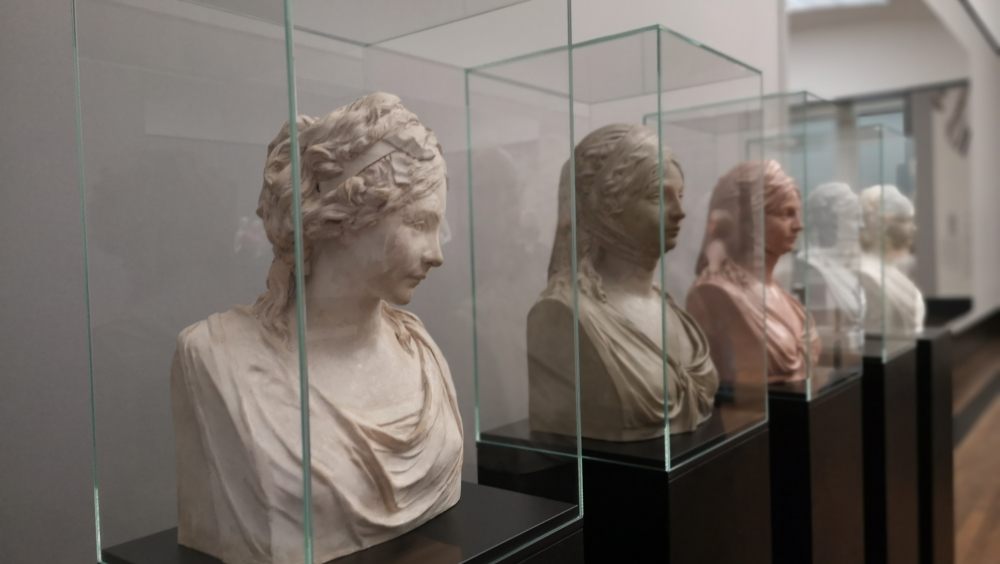Unlocking Access: The ARTWIN Project Transforming Cultural Heritage through Digital Skills
In the rapidly evolving landscape of cultural heritage, the intersection of technology and accessibility is reshaping the way we engage with our past. The "ARTWIN" project emerges as a beacon in this transformative journey, driven by a collaborative partnership with a shared vision of making cultural heritage more accessible through digital skills in Finland, Latvia, Italy, Greece and Cyprus.
In the rapidly evolving landscape of cultural heritage, the intersection of technology and accessibility is reshaping the way we engage with our past. The "ARTWIN" project, by European partners from five countries, emerges as a beacon in this transformative journey, driven by a collaborative partnership with a shared vision of making cultural heritage more accessible through digital skills. As the Digital Education Action Plan 2021-2027 foresees a future where almost all jobs demand digital skills, the ARTWIN project positions itself as a pioneer in training personnel to navigate the realms of digital technology and cultural heritage. The demand for qualified professionals in the ICT field has seen a decisive upswing, reflecting the integral role these skills play across various sectors. Artwin project identified key needs across target groups, addressing educators, learners, organizations, people with special needs, and consortium partners. VET educators seek new teaching methods and digital tools to adapt to a changing work landscape. Learners, spanning from designers to entertainers, yearn for specific, high-quality skills and accessible training. Organizations in the cultural sector aim to diversify offerings and address new needs. People with special needs are targeted for an inclusive approach to accessing tourism and cultural heritage. Consortium partners from are adopting innovative and inclusive approaches for learners. For example in Tampere, the Finnish project partner Modus has developed an immersive virtual crafts gallery during the Artwin process! The world is witnessing a digital revolution that permeates all sectors, and cultural heritage is no exception. Combining digital skills with cultural heritage was once a distant prospect; however, today, it's a reality. The rapid progress in technologies such as augmented reality, virtual reality, and artificial intelligence presents unparalleled opportunities for content creation, protection of cultural heritage, and enhanced accessibility. The project has trained educators and staff members that are are equipped with innovative skills to transmit digital and accessibility knowledge. It still aims to empower 150 more learners with foundational digital skills applicable in cultural, tourism, social, or digital sectors. Partner organizations are poised to renew their services, making them more accessible and digital. The ARTWIN project has facilitated access to essential digital knowledge, enhance the capacity of organizations, and encourage innovative, inclusive approaches. The transferability of the project's practices to other sectors underscores its potential impact beyond the adult education sector. As we stand at the crossroads of the digital and cultural realms, the ARTWIN project emerges as a trailblazer, unlocking access to our rich cultural heritage through the transformative power of digital skills. With a commitment to inclusivity and innovation, the project shapes a future where everyone can explore and connect with their cultural legacy!
The "ARTWIN" project has been implemented by European partners from five countries: Finland, Italy, Greece, Cyprus and Latvia. The project had co-financing from the Erasmus+ program. The Modus Virtual Crafts Gallery extends the impact of heritage accessibility to global range and long term activity.
